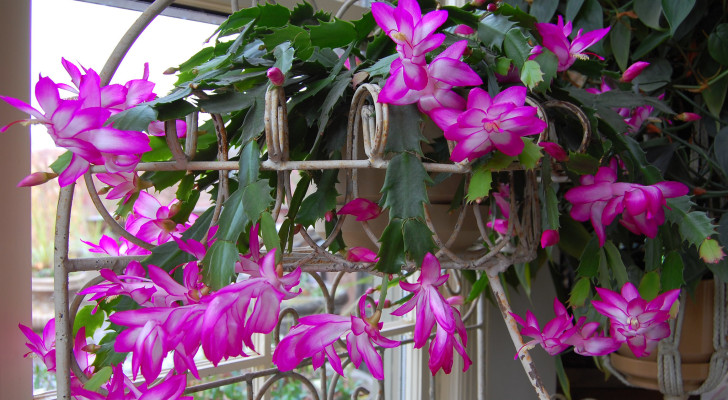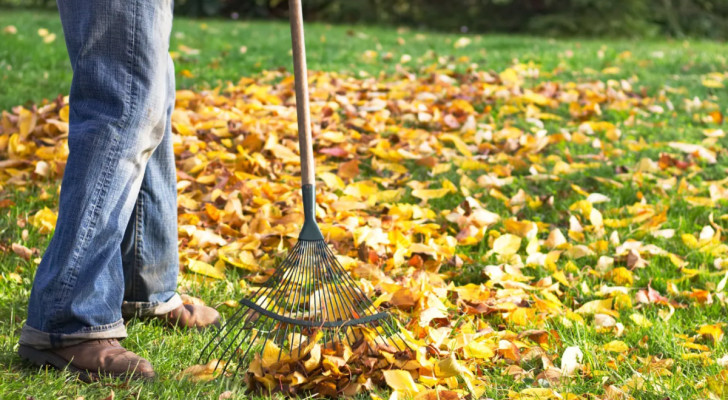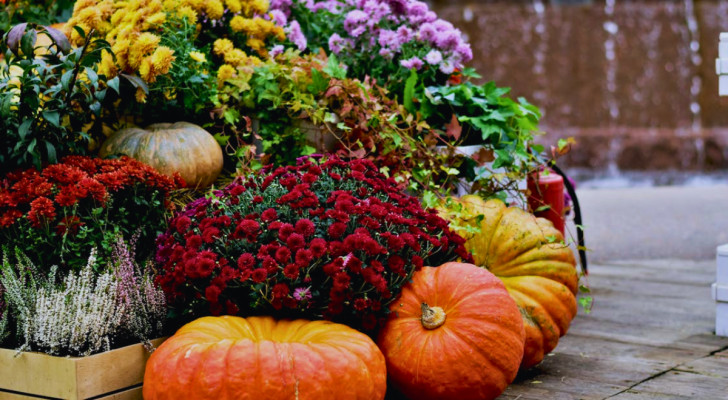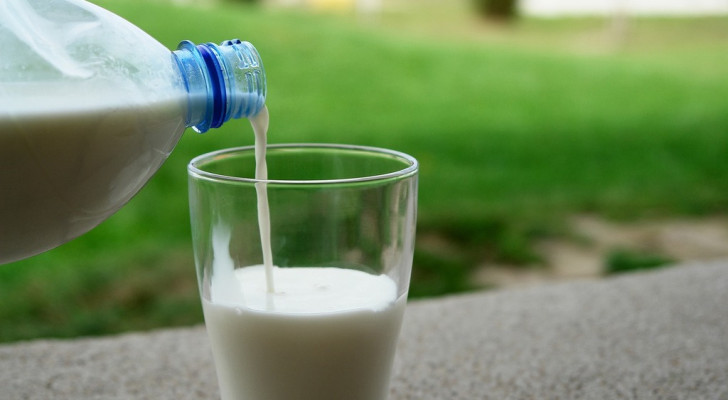For a bountiful harvest of raspberries, check out this advice
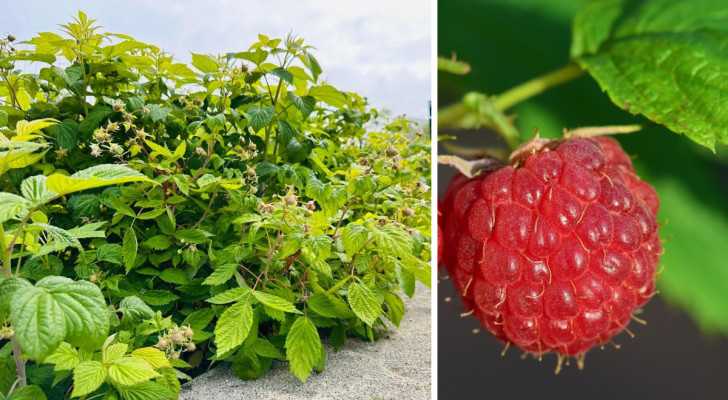
Tasty and rich in beneficial nutrients, raspberries can be easily grown in your garden to ensure you always have some to hand during the summer.
But have you ever been disappointed by the amount of raspberries you get from a season's crop? Well, this might be due to following incorrect cultivation techniques.
With this guide, we explain how to take proper care of your raspberries and ensure you have an abundant crop.
The importance of pruning
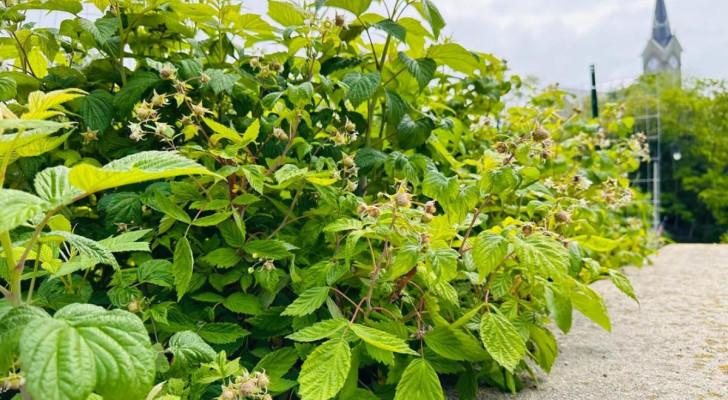
Pruning is critical in ensuring lush growth and a bountiful harvest from your raspberry bushes. This operation must be carried out at the end of winter or at the beginning of spring, and differs depending on the variety of raspberry you are growing.
To correctly prune non-reblooming raspberry varieties, it is necessary to remove all the branches that have borne fruit the previous year as well as any dry or diseased ones. Leave only the young shoots which will produce the fruit in the upcoming summertime.
For ever-flowering varieties, however, these must be pruned at their bases immediately after their summer flowering; after the leaves fall off, the shoots should be thinned out, leaving only 4 or 5 per stalk. Thanks to this technique, it will be possible to get a double harvest: one at the beginning of summer and one in autumn.
However, if you want a more abundant and high-quality harvest, you can treat your raspberry as if it were a single, individual tree: cut off the shoots at the base when planting it so as to encourage new growth from the roots in spring; when the leaves fall off, it will be necessary to remove all the shoots.This will provide new shoots the following year which will give a more abundant harvest.
Other strategies for a bountiful harvest
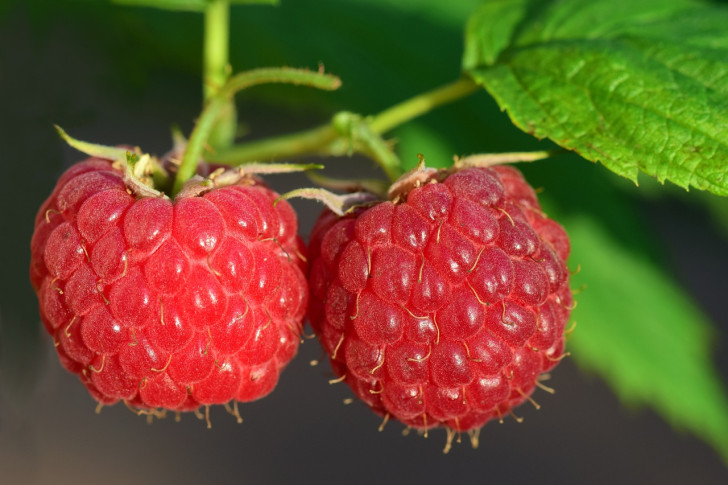
In addition to pruning, you can use some other small cultivation tips that will help you obtain a more abundant raspberry harvest:
- The right location is essential: plant your raspberries in sunny spots but which are protected from strong winds;
- The timing of transplanting is important: wait for the end of the frosts to avoid damage to young plants;
- Watering must be abundant and regular and fertilizers are required: spread manure or compost around the plants and use a balanced fertilizer;
- Finally, attract pollinators to you plants by placing out small containers with a mixture of water and sugar in them; a well-pollinated plant will produce more fruit.
Enjoy bringing in your abundant raspberry harvest!

